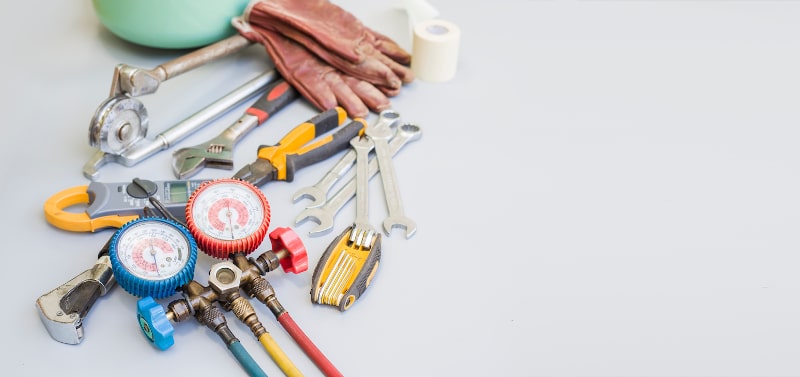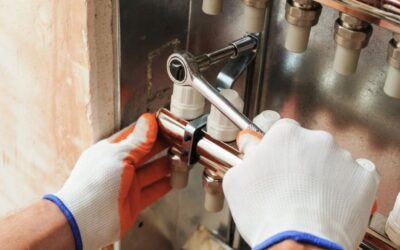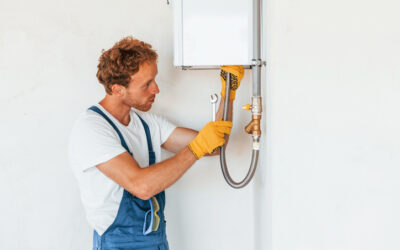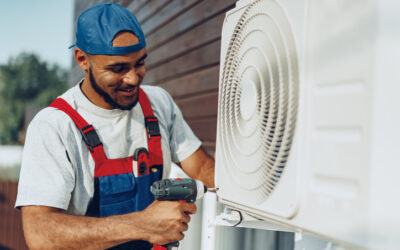A compressor is a vital component of your heat pump, playing a crucial role in transferring heat between indoor and outdoor units. When the compressor malfunctions or starts to fail, it can significantly impact performance and efficiency. Here are some signs to look out for that may indicate a bad heat pump compressor:
Expected Temperatures
If your heat pump is blowing warm air during summer or cold air during winter, it could be a sign of a failing compressor. The compressor’s job is to compress and circulate the refrigerant, allowing it to absorb or release heat depending on the mode of operation. A faulty compressor may not properly regulate the refrigerant flow, resulting in incorrect temperature output.
Frequent Cycling On and Off
A heat pump with a bad compressor may frequently cycle on and off, also known as short-cycling. This occurs when the compressor struggles to maintain the desired temperature or pressure levels. Short-cycling decreases energy efficiency and puts unnecessary strain on the compressor, potentially leading to further damage if not addressed.
Unusual or Excessive Noise
If you notice loud or unfamiliar noises from your heat pump, it could indicate a failing compressor. Strange sounds like grinding, rattling or screeching may result from worn-out compressor bearings, loose components or internal damage. Rely on professional HVAC services to prevent further damage and potential system failure.
Higher Energy Bills
A malfunctioning compressor can reduce efficiency and higher energy consumption. If you notice a sudden increase in your energy bills without any other explanation, it’s worth considering the condition of your heat pump compressor. A struggling compressor may require more power, increasing energy usage and higher utility costs.
Inconsistent Performance and Poor Comfort
A bad compressor can lead to inconsistent heating or cooling performance throughout your home. You may notice uneven temperatures, hot or cold spots or difficulty maintaining the desired comfort level. These issues can be attributed to the compressor’s inability to effectively regulate the refrigerant flow and transfer heat, compromising the overall efficiency and comfort of your system.
Recognizing the signs of a bad compressor is essential for maintaining the optimal performance of your heat pump. If you observe any of the symptoms above, it’s recommended to consult a professional service technician. Contact us at E.J. Thompson & Son LLC today for professional heat pump repairs.
Image provided by iStock




